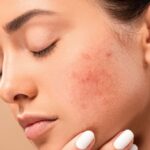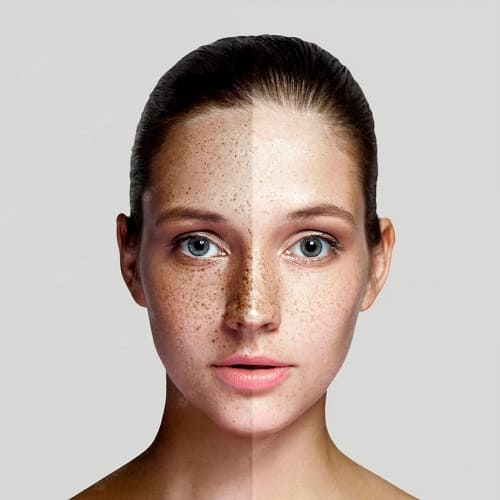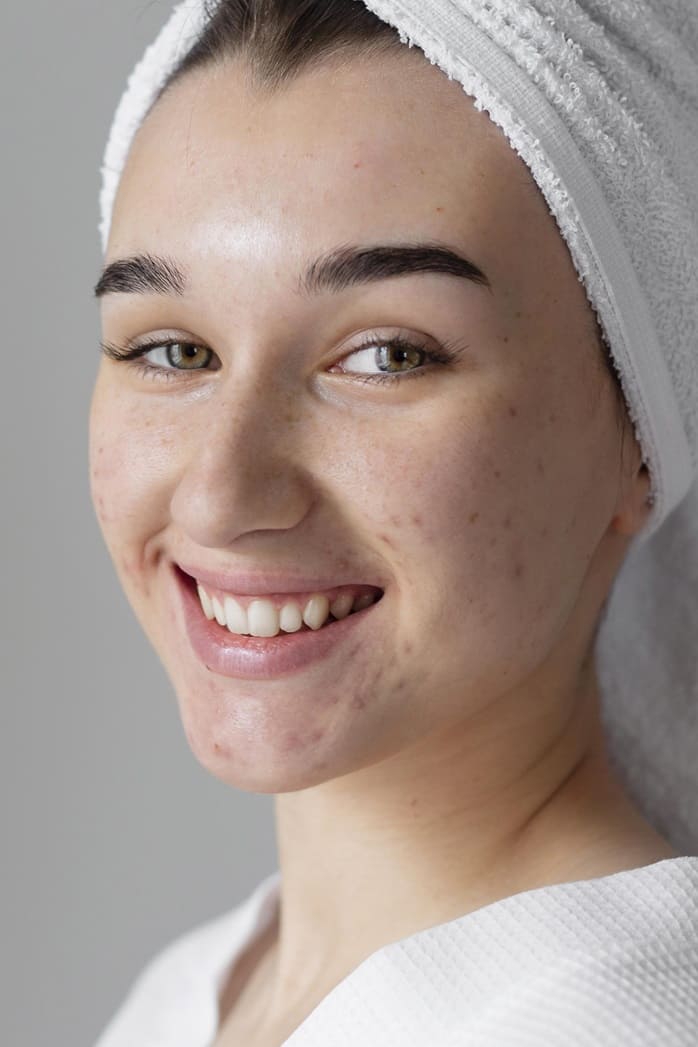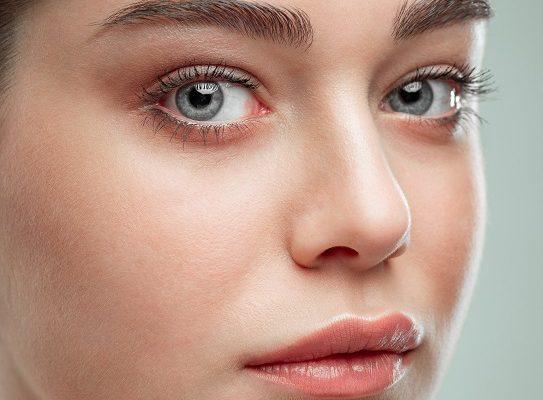A glowing, flawless complexion is the dream of many, but pigmentation issues can often become an obstacle in achieving that desired radiant skin. Pigmentation refers to the dark spots over the skin caused by melanin, a natural pigment responsible for our skin, hair, and eye color. Pigmentation occurs when there are fluctuations in melanin production. While some pigmentation is normal and harmless, an excessive or uneven distribution of melanin can lead to various skin concerns. In this article, delve into the world of best pigmentation treatments, exploring different approaches to help you reclaim the confidence of clear and even-toned skin.
What is Hyperpigmentation?
Hyperpigmentation is a skin condition that occurs when there is an excess production of melanin, the pigment responsible for giving color to the skin, hair, and eyes. There are various reasons for hyperpigmentation, and treatment options vary depending on the severity and underlying cause. Here, are some of the causes and some available treatment options for hyperpigmentation.
Causes of Hyperpigmentation:
Sun Exposure: Ultraviolet (UV) rays from the sun stimulate melanin production. Prolonged sun exposure can lead to the development of dark spots and uneven skin tone, commonly known as sunspots or solar lentigines.
Melasma: Melasma is a specific type of hyperpigmentation that usually occurs in women during pregnancy (chloasma) or due to hormonal changes, genetics, sun exposure etc. It appears as dark patches on the face, often on the cheeks, forehead, upper lip, nose or chin.
Post-Inflammatory Hyperpigmentation (PIH): PIH develops after the skin experiences inflammation or injury, such as acne, rashes, burns, cuts, or insect bites. It leads to the appearance of dark spots or patches in the affected areas.
Hormonal Changes: Hormonal fluctuations, such as those during puberty or menopause, can trigger increased melanin production, leading to hyperpigmentation.
Skin Trauma: Any form of skin trauma, including cuts, burns, or surgeries, can cause hyperpigmentation as part of the healing process.
Skin Conditions: Certain skin conditions like eczema and psoriasis can cause inflammation, which may result in hyperpigmentation. Other conditions includes, nevi, genetic disorders, contact dermatitis, certain medications, etc.
Treatment Options for Hyperpigmentation:
Topical Treatments:
Hydroquinone: A skin-lightening agent that inhibits melanin production and is effective for treating various types of hyperpigmentation.
Retinoids: These vitamin A derivatives help in skin cell turnover, which can fade dark spots over time.
Vitamin C: An antioxidant that brightens the skin and can reduce the appearance of hyperpigmentation.
Kojic Acid: Another skin-lightening agent that is derived from fungi and can help lighten dark spots by inhibiting melanin synthesis.
Other agents include azelaic acid, arbutin, licorice, niacinamide etc.,
Topical Corticosteroids:
Topical corticosteroids may be used to reduce inflammation and help fade hyperpigmentation caused by skin conditions or injuries. Its usually used as combination treatment with other skin lightening agents. To be used cautiously as prescribed by your dermatologist.
Chemical Peels Treatment:
Chemical peels treatment involves the application of a chemical solution to exfoliate the top layer of the skin. Chemical peels represent a flexible and useful procedure done for improving skin texture and the effects of ageing and can improve the appearance of hyperpigmentation.
Laser Therapy:
Laser treatments target melanin in the skin, breaking down excess pigmentation. They are effective for various types of hyperpigmentation, including sunspots and melasma.
Cryotherapy:
Cryotherapy involves freezing the affected areas with liquid nitrogen , which can help treat small areas of hyperpigmentation.
Intense Pulsed Light (IPL) Therapy:
IPL uses broad-spectrum light to target melanin and can effectively treat sunspots and other forms of hyperpigmentation caused by sun exposure.
It’s important to note that hyperpigmentation treatments may require time and consistent application to see significant results. Additionally, protecting your skin from sun with sunscreen and appropriate clothing can prevent further hyperpigmentation and protect your overall skin health. If you are experiencing hyperpigmentation, it is always best to consult a dermatologist to determine the underlying cause and the most suitable treatment plan for your specific skin type and concern.
FMS Skin and Hair Clinics, Best Skin Clinic in Hyderabad offers the advanced cosmetics skin care treatments by Expert team of Cosmetic Skin Specialists.
Consult for Best Pigmentation Treatments in Hyderabad. For Appointment Booking. Please call us or WhatsApp at 8885060760 Or Email Us at [email protected]

Author: Dr. Swathi









